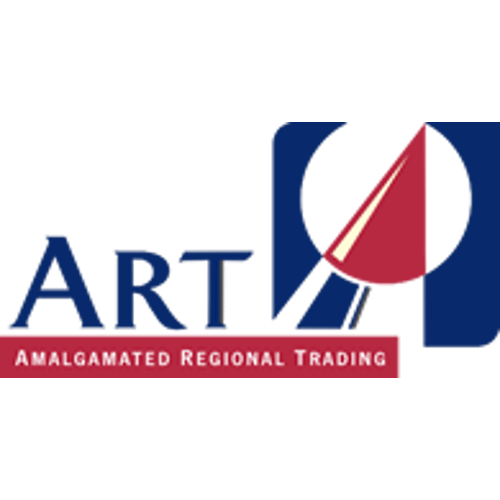Power supply challenges choke ART operations
ART Corporation (ART) says worsened electricity supply challenges seriously affected group’s operations resulting in reduced volumes and profitability during the quarter ended December 31, 2022.
ART is involved in the manufacturing and retailing of Lead-acid batteries, Pens, Stationery, Tissues, Hygiene products and Forestry Resource Management and has operations in Zimbabwe and Zambia.
The Group’s units include Chloride Zimbabwe, Chloride Zambia, Exide Express, Eversharp, Kadoma Paper Mills, National Waste Collection, Softex Zimbabwe and Mutare Estates and ART products are also distributed in Malawi, Mozambique, South Africa, Zambia as well as other African countries.
Abisai Chingwecha, the group company secretary, in a trading update said gains from the relative stability of exchange rates and easing of inflation in the last quarter of the 2022 financial year, were reversed by electricity supply challenges.
“Volumes for the period declined overall by 3 percent compared to last year and profitability was impacted by reduced plant availability resulting in significant under recoveries particularly at the Mill,” he said.
Government’s efforts for the greater part of last year was to contain inflation and curb further devaluation of the local currency.
However, foreign currency transactions continued to increase across the economy despite the narrowing of the exchange rates on the official and the alternative market.
Chingwecha said these have resulted in liquidity constraints in the market which affected demand.
In Zambia, demand remained strong despite the slowing economic growth and an upturn in inflation.
According to the update, the group’s export volumes fell by 17 percent as orders could not be met in December.
However, revenue increased by 39 percent in inflation adjusted terms from prior year driven by the increased local battery and pen sales despite the intermittent supply gaps arising from outages in power and water supplies.
Chingwecha said margins remain strong as costs have generally been recovered from customers.
“The increasing hard currency sales continue to provide a hedge to limit the impact of the foreign currency movements,” he said.
He noted the commercialisation of the new Tissue Mill was affected by the unprecedented power challenges during the period under review with the delay necessitating additional support from lenders to ease the strain on the group.
In terms of divisional performance, the batteries overall volumes were 1 percent lower than prior
year whilst export volumes fell by 13 percent on account of product shortages.
“The division was cushioned by the greater inventory holding levels, which had been put in place in response to the global supply chain disruptions,” said Chingwecha.
The Paper division volumes decreased by 10 percent compared to last year as the anticipated efficiency improvements from the recapitalisation programme were delayed.
The group said the Mill continues to rely on imported waste paper as the recovery of local collections remains slow.
“The consolidation of the Mill, Waste Collection and Paper converting businesses to reduce operating costs is almost complete and will enable the segment to compete on the export market where demand remains firm.
“Pre-production and engineering cash costs related to the Mill and the Converting equipment will necessitate increased borrowings in the short term,” said Chingwecha.
At Eversharp, volumes increased by 5 percent from last year. Chingwecha said opportunities to meet increased local demand were lost due to delays in receiving imported raw materials in December and export orders could not be met.
“The retooling of the division, which had been held back was completed in December. The increased pen production capacity will ensure that product supply shortages are averted particularly during the peak back to school periods,” he said.
Mutare Estates timber volumes declined by 29 percent during the period as focus remained on sustainability while value addition and seedling projects enabled the division to maintain its revenues and profitability.
Chingwecha said the group anticipates the environment will remain complex and challenging as measures to eliminate distortions, stabilise the local currency and tame inflation are maintained.
He said the group will continue to focus on value preservation, cost containment and operational efficiencies.
“We remain wary of the risk posed by short term borrowings and are working to refinance these with suitable facilities.
“The elimination of local currency borrowings in December has helped to ease pressure on operations,” he said.
Chingwecha said the group remains resilient and will be better placed to take advantage of emerging opportunities on completion of the ongoing capital expenditure projects.-ebusinessweekly










